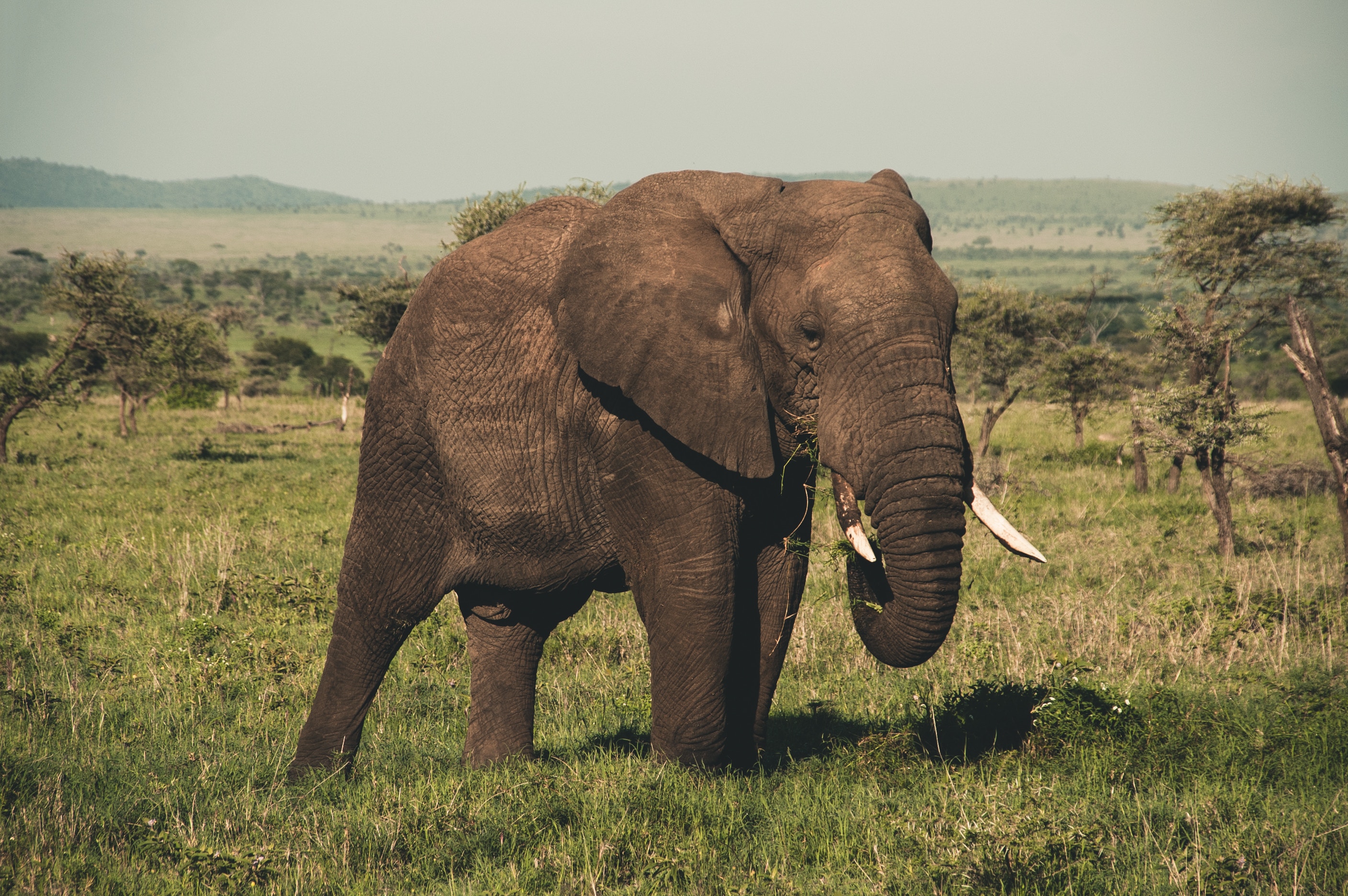
Using technology to prevent elephants from destroying crops

by Lindsay Mineo
Elephants are intelligent, emotional and social creatures, but they often get into trouble. Both African elephant populations and human populations are expanding, meaning there is less room for both. When fields are planted along migratory paths, the ripe crops are too tempting for hungry elephants. But a quick snack for a herd of elephants can mean losing an entire year’s income for a small farmer.
“While people in Africa have been willing to live with wildlife, lack of space and resources are impacting their tolerance,” says Petter Granli, co-founder and CEO of ElephantVoices. “It is too easy for us in the West to refer to elephants as being part of our global heritage without considering the poverty and despair in many parts of Africa. The more we manage to keep elephants and people separate, the better for both species.”
Fortunately, communities and organizations are testing creative deterrents that, so far, appear to be working.
Drones for elephants
A few tech-savvy farmers have taken to the skies to protect their fields. Drones are much cheaper than they were even a few years ago. Some people are using them to chase elephants away from fields. Unofficial tests in Kenya had an unheard-of 100% success rate!
What makes drones so successful? The whirring sound they make sounds like a swarm of bees Because elephants are scared of bees, they run away in under a minute!
Bright flashing lights
Elephants usually raid crops at night when farmers are asleep. Mara Elephant Project is testing very bright, very annoying flashing lights to scare elephants away. The lights are solar powered and are being tested in areas with lots of human-elephant conflict.
“They’re alarming enough that the elephants move away from the light,” says Claire Bolles of Mara Elephant Project. “The first night these lights were in a field, the farmer told us it was the first night in a long time that he slept well.”
Closer to a better solution
African elephants are a keystone species, which means they have a greater impact on their environment than most others. If they disappear, no other species else can take their ecological place. But people are being injured and killed, too. This is why people are collecting data to learn how to reduce human-elephant conflict in the long term. Another year or two of data will hopefully bring them closer to predicting the best solutions.
